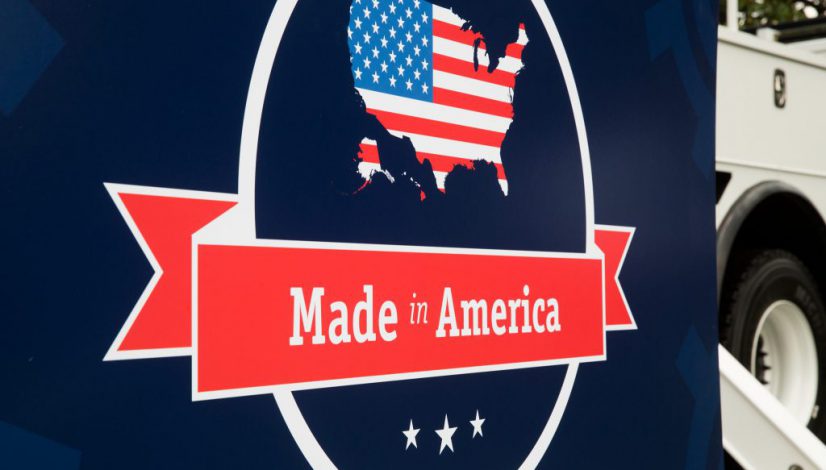Trump Tariffs May Impact Domestic Manufacturing Most
When US President Donald Trump announced in March that he would be imposing a 25% tariff on imported steel and 10% on imported aluminum – and in May that US allies would not be exempted – it was domestic manufacturing that responded negatively to the news. Recent news indicates US manufacturers may increasingly outsource production to avoid not only the price increase on inputs but also the added cost of exporting goods to countries imposing retaliatory tariffs on US goods.
Domestic Manufacturing Sectors Hit Hardest
Domestic manufacturing may feel the maximum impact of inevitable hikes in steel and aluminum prices stemming from Trump’s new tariffs. As a result of the new tax on metals imported from foreign countries, US manufacturing sectors will see margins shrink. And as more countries around the world retaliate with their own tariffs on US-made goods, global sales will likely diminish.
While President Trump has announced these moves are intended to benefit US jobs, creating new demand for domestic metals, the nonpartisan economic think tank, Trade Partnership, estimated that five US jobs would be lost for every one job created by these measures. The study states that “Steel and aluminum tariffs would reverberate throughout the US economy in ways that will, on balance, reduce US employment.”
The move is part of Trump’s “America First” philosophy. Yet it may well result in fewer and fewer goods being “Made in America.” The negative impact on these US companies may be significant. Because the US companies who use steel represent a much broader and more dynamic economic sector than merely the steel and aluminum industries. Among the most vulnerable industry sectors are:
- Automotive: automakers are already experiencing challenges. But domestic automotive manufacturing may not be a viable option with increasing steel prices and European counter tariffs.
- Aerospace: the cost of individual parts may make units too expensive to manufacture domestically.
- Consumer goods: the price of consumer goods will likely increase, resulting in lower profitability and fewer jobs.
An Outsourcing Revival
An unintended consequence of these tariffs may well include a revival in outsourcing domestic manufacturing to countries in Europe, Asia, and Latin America. Harley-Davidson recently announced their plans to outsource production of motorcycles sold to Europe. The company cited recent counter tariffs imposed by the European Union as the primary reason for the move. Continued domestic manufacturing of their units would mean an additional cost of $2,200 per motorcycle. The choice for the iconic American company is clear in their minds: manufacture these units outside of the US. And Indian Motorcycle is also considering a move citing tariff concerns as well.
Similar policy towards protectionism in 2002 is largely blamed for the demise of the Rust Belt. Tens of thousands of jobs were lost. And this outsourcing trend saw many companies move domestic manufacturing operations overseas or south of the border. Outsource manufacturing may be the answer for many US companies seeking to remain competitive in a global economy. The alternative is to face rising materials costs, reduced demand overseas, increased cost of export, and declining share value. But companies who downsize domestic manufacturing in favor of foreign investment may find a more level playing field and more robust profit margins for US shareholders. The full impact of Trump’s tariffs on US manufacturing remains to be seen.

